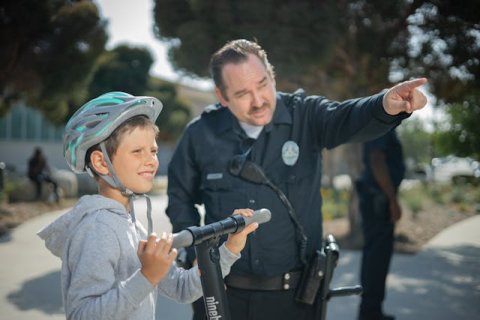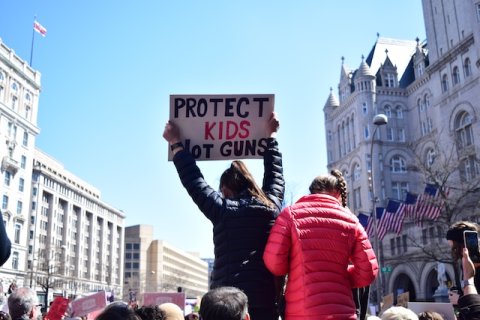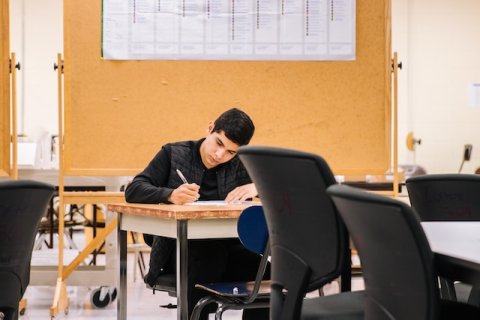News
The Centre for Justice Innovation has recently published a report that investigates the effectiveness of diversion processes for children with special educational needs and disabilities (SEND) in England and Wales and suggests ways to improve their access to appropriate diversion. It includes insights from children with SEND as well as professionals from police and youth justice services.
This report highlights the need for the youth justice system to be tailored also towards children with SEND, with professionals who know how to address the common needs arising from SEND in order to avoid disproportionality and escalation of situations, enhance the experience for all children, and align with the Child First approach.
The report advocates for providing specialized training to police officers and other professionals who may come into contact with these children and who could help them access diversion options. It also advocates for protocols to ensure that children with SEND can receive adequate and accessible legal advice.
The United Nations Task Force, which comprises all UN agencies, mandates and special mechanisms, has released the advocacy brief "End Immigration Detention of Children" under the coordination of the Special Representative of the Secretary General on Violence against Children.
The organisation Juvenile Justice Advocates International, which works towards the reform of juvenile justice systems in the US and Mexico, has recently published a guide that compiles the principal standards held at the international level regarding children deprived of liberty, seeking their practical applications in detention centres in these countries.
The Children and Young People’s Centre for Justice has recently published an info-sheet to analyse the ‘Child First’ strategic approach, which guides the actions of the Youth Justice Board of England and Wales (YJB) the body responsible for overseeing the youth justice system.
Twelve of Australia’s Children’s Commissioners, Guardians and Advocates have signed an open letter addressed to Commonwealth, State and Territory Attorneys-General, asking them to raise the age of minimum criminal responsibility for children to at least 14 years old.
UNICEF has published the report ‘Free and safe to protest’, highlighting the necessary conditions to protect and promote children’s right to freedom of peaceful assembly, which is considered “important for their personal development, their participation in political and public affairs, and for catalysing local, national and global change.”
The All-party parliamentary group (APPG) on Children in Police Custody is conducting during 2023 an inquiry into Achieving the Rights of Children in Police Custody. This inquiry is aiming to establish the impacts of current arrangements in the UK for the care of children (between 10 to 17 years) in police custody. The group aims to raise awareness of the experiences of these children to parliamentarians and develop recommendations for reform of both policy and practice, ensuring children's rights are upheld and respected in these environments.
The Children and Young People's Centre for Justice (CYCJ) of Scotland has recently published a new edition of ´Children and young people in conflict with the law: policy, practice and legislation`, a guide that compiles a great variety of aspects that intersect in the intervention by professionals who work with young people in the juvenile justice system.
The National Human Rights Commission (CNDH) of Mexico has recently published a report on the living conditions of young people in conflict with the law in the country’s youth detention centres.
The HM Inspectorate of Probation, the independent inspector service for youth offending and probation services across England and Wales, has published this week its Youth Annual Report 2022. Chief Inspector of Probation Justin Russell has praised the improvement in the overall quality of the services, with 70 per cent of the 33 services rated as ‘Good’ or ‘Outstanding’, compared to 58 per cent in 2018/2019









